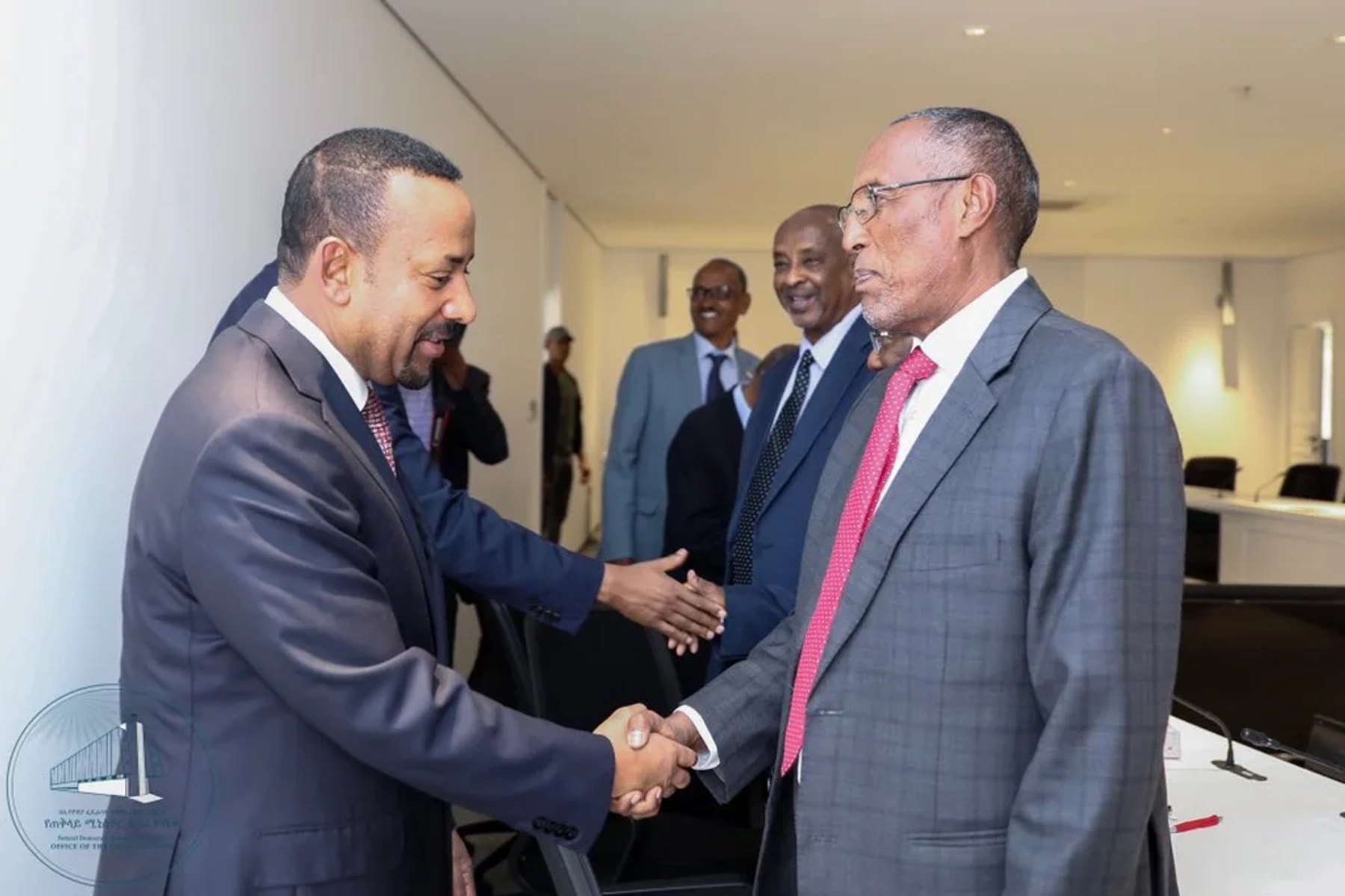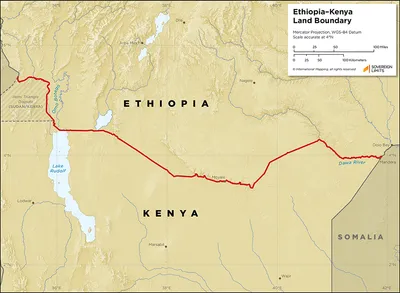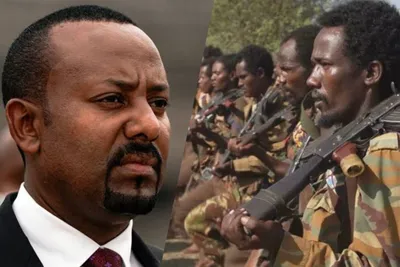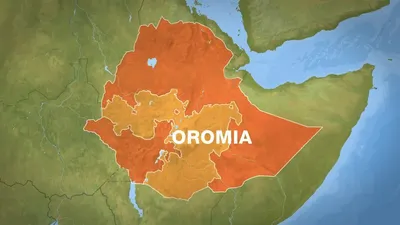Ethiopian refugees in Somaliland and Somalia face xenophobic attacks following port deal

Prime Minister Abiy Ahmed welcomes President of Somaliland Muse Bihi Abdi and his delegation at his office. Photo/PMO
The Memorandum of Understanding (MoU) signed on January 1st between Somaliland and Ethiopia, aimed at giving the latter access to the Gulf of Eden while securing Somaliland’s recognition as an independent state, has sparked violence against Ethiopian refugees living in Somalia and Somaliland.
Ibsa Alisho Habib, a spokesman for Ethiopian refugees in Somaliland, told the BBC that a rally held to denounce the deal targeted an area primarily inhabited by Oromo refugees where attempts to physically attack individuals, loot property and burn houses were made.
According to Ibsa, a leaflet in Somali stating “Action should be taken against any Ethiopian” is being circulated in Hargeisa city, Somaliland’s capital, where “a 12-year-old kid injured is currently receiving treatment in hospital.”
In response to rising tensions, Somaliland authorities bolstered security in areas with large Ethiopian refugee populations, according to the spokesperson.
In Borao, Somaliland’s second largest city, a rally denouncing the deal turned violent, targeting Oromo refugee homes, destroying property and injuring at least two individuals, a 70-year-old man and a five-year-old kid.
This is a very trying time for the 40,000 Ethiopian refugees living in Somaliland, Ibsa adds.
Somalia
Across the border in Somalia, the situation is no less tense, according to two refugees who spoke to the BBC anonymously for safety reasons.
“The majority of the refugees here speak Somali and live like any other Somali. We were fine until this deal was signed; since then, things have grown dangerously alarming. We don’t know what could happen.”
Another refugee in Mogadishu told the BBC that following the signing of the agreement, there are growing anti-Ethiopian sentiments in the city. On social media, calls by Somali activists to target Ethiopian refugees in Somaliland and Somalia have become commonplace.
We need your support
We trust you found something of value in this article. If so, we kindly ask you to consider helping Curate Oromia continue its work.
If you believe in the importance of independent voices and honest reporting, we invite you to support our efforts through our GoFundMe campaign.
Every contribution, however small, goes directly to our writers and the expansion of our reach.
Thank you for your support.



